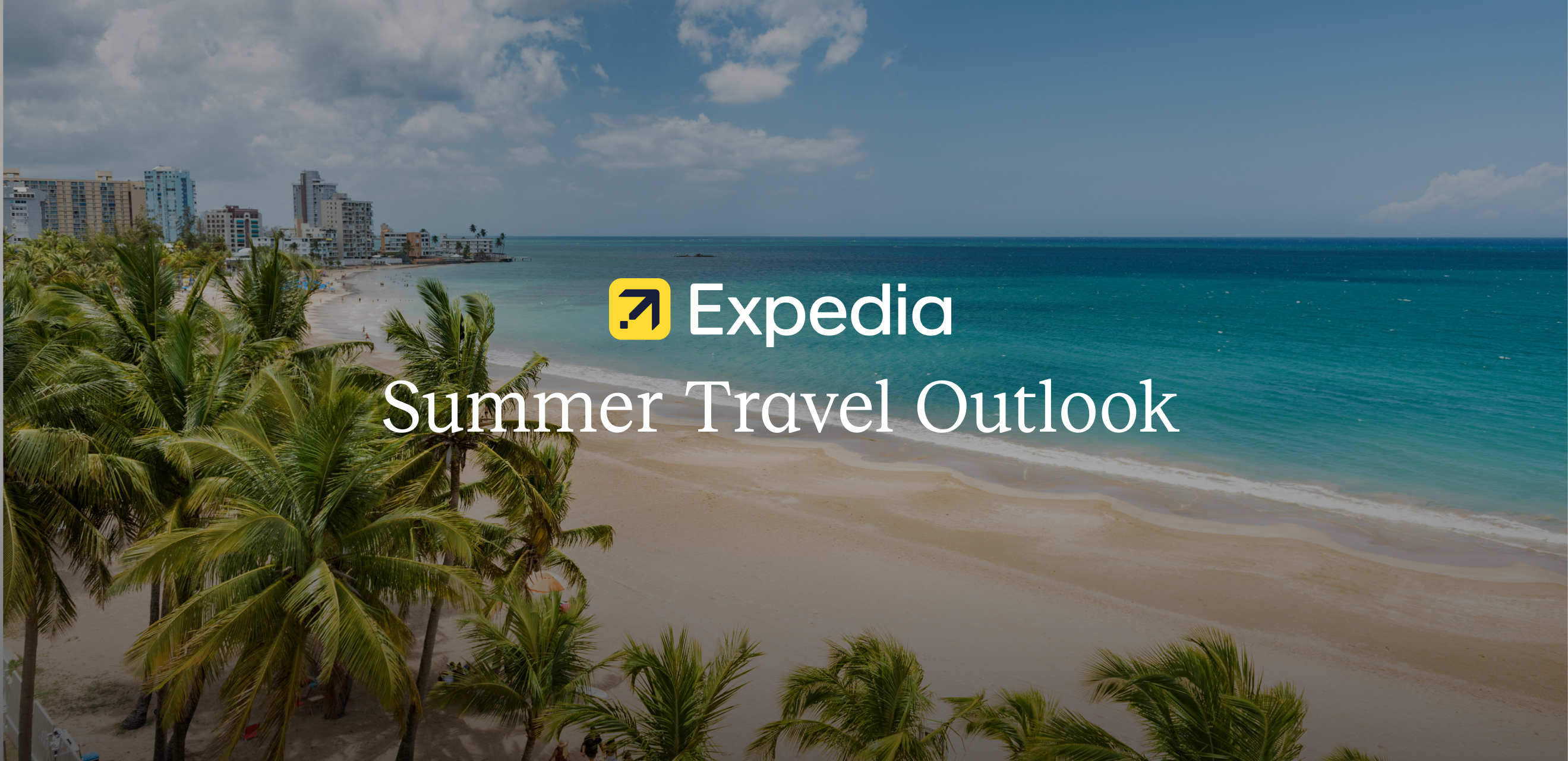Today, Expedia released its annual Vacation Deprivation study, finding that Canadians took two fewer vacation days (16 days) than the global average in 2021 (18 days), leaving the majority feeling vacation deprived (55 per cent) and more burned out than ever (71 per cent). Surveying more than 14,500 working adults across 16 countries, the 2022 report also sheds light on the uncomfortable reality that pandemic-era flexible work arrangements can make it more difficult to unplug (45 per cent), blurring the boundaries between time on and off the clock.
While many Canadians made the best of this newfound flexibility by taking a “workcation” (travelling to a new destination and working remotely), most don’t consider these to be “true” vacations (80 per cent). Furthermore, even as most Canadians (74 per cent) enjoy feeling “unproductive” during their vacations, over a third (34 per cent) bring along their work laptops and one-in-four (25 per cent) frequently joined Zoom calls while out of office.
“Despite the nearly universal belief that regular vacations are critical to our health and wellbeing, the research shows we struggle to fully unplug from work,” said Mary Zajac, PR manager for Expedia. “Instead, we try and do it all, checking email from the pool and taking work calls while out of office. This study is a reminder that vacations should be a time to rest, recharge and prioritize the things that really matter. After all, work can wait.”
2022 is promising to be the year Canadians take back control of how they find joy during vacations and give themselves permission to PTO. In fact, working adults in Canada vowed to take an average of 20 days this year — four days more than they took in 2021 — and nearly all (94 per cent) agree that regular vacations are important for general health and well-being. One-in-five Canadians have already booked a trip to look forward to and, based on 2021 habits including splurging on upgrades (such as choosing a bigger room or flying first class), stopping at multiple destinations during a single trip or booking back-up trips, they are ready to travel.
Breaking Bad Vacation Habits
From reconnecting with loved ones to easing burn out, research consistently underscores the benefits of vacation. However, more than a few bad habits are preventing Canadians from having the fulfilling travel experiences they deserve — and it’s time to break them.
Not setting boundaries: 43 per cent of Canadians admitted to including their cell phone number in their out-of-office reply for their co-workers or clients, inviting interruptions during valuable time off. Breaking the habit of being easily available, when possible, ensures vacation time stays sacred.
Leaving vacation days behind: Canadians took 16 vacation days in 2021 with a third (30 per cent) leaving vacation days unused.
Hustling without breaks: 37 per cent of Canadians admitted to feeling guilty when they don’t do anything “productive” while on vacation. 36 per cent used some of their time off doing a side hustle and, on average, Canadians used two vacation days last year to take care of a sick family member, go to a doctor’s appointment or run errands.
Asking permission to take time off: 39 per cent of Canadians feel guilty having coworkers cover their work and 33 per cent still feel the need to apologize or make excuses for taking time off, despite most agreeing their colleagues are supportive of them using their vacation time (76 per cent).
Expedia first commissioned Vacation Deprivation in 2000 to examine the work-life balance of people worldwide. The annual study is currently in its 22nd year and was conducted online among 14,544 respondents across North and South America, Europe and Asia-Pacific. Commissioned from December 14 – December 30, 2021, on behalf of Expedia by Northstar Research Partners, a global strategic research firm, responses were gathered using an amalgamated group of best-in-class panels. Looking at the margin of error for the global average, a 1 per cent difference is statistically significant at 90 per cent confidence.





